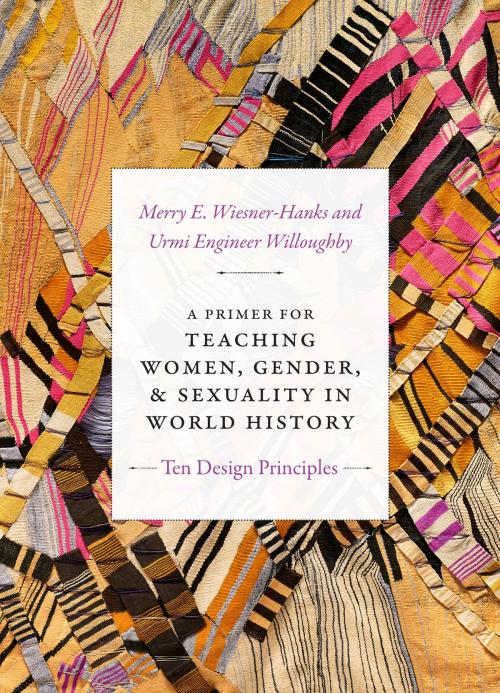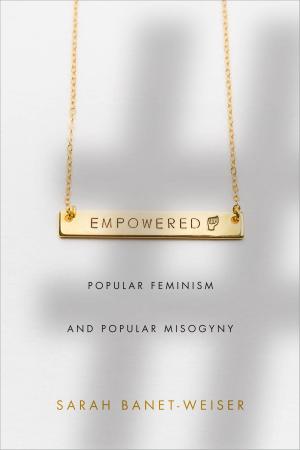A Primer for Teaching Women, Gender, and Sexuality in World History
Ten Design Principles
Nonfiction, History, Reference, Study & Teaching, Historiography, Social & Cultural Studies, Social Science, Gender Studies, Women&| Author: | Merry E. Wiesner-Hanks, Urmi Engineer Willoughby | ISBN: | 9781478002475 |
| Publisher: | Duke University Press | Publication: | September 27, 2018 |
| Imprint: | Duke University Press Books | Language: | English |
| Author: | Merry E. Wiesner-Hanks, Urmi Engineer Willoughby |
| ISBN: | 9781478002475 |
| Publisher: | Duke University Press |
| Publication: | September 27, 2018 |
| Imprint: | Duke University Press Books |
| Language: | English |
A Primer for Teaching Women, Gender, and Sexuality in World History is a guide for college and high school teachers who are teaching women, gender, and sexuality in history for the first time, for experienced teachers who want to reinvigorate their courses, for those who are training future teachers to prepare their own syllabi, and for teachers who want to incorporate these issues into their world history classes. Merry E. Wiesner-Hanks and Urmi Engineer Willoughby present possible course topics, themes, concepts, and approaches while offering practical advice on materials and strategies helpful for teaching courses from a global perspective in today's teaching environment for today's students. In their discussions of pedagogy, syllabus organization, fostering students' historical empathy, and connecting students with their community, Wiesner-Hanks and Willoughby draw readers into the process of strategically designing courses that will enable students to analyze gender and sexuality in history, whether their students are new to this process or hold powerful and personal commitments to the issues it raises.
A Primer for Teaching Women, Gender, and Sexuality in World History is a guide for college and high school teachers who are teaching women, gender, and sexuality in history for the first time, for experienced teachers who want to reinvigorate their courses, for those who are training future teachers to prepare their own syllabi, and for teachers who want to incorporate these issues into their world history classes. Merry E. Wiesner-Hanks and Urmi Engineer Willoughby present possible course topics, themes, concepts, and approaches while offering practical advice on materials and strategies helpful for teaching courses from a global perspective in today's teaching environment for today's students. In their discussions of pedagogy, syllabus organization, fostering students' historical empathy, and connecting students with their community, Wiesner-Hanks and Willoughby draw readers into the process of strategically designing courses that will enable students to analyze gender and sexuality in history, whether their students are new to this process or hold powerful and personal commitments to the issues it raises.















